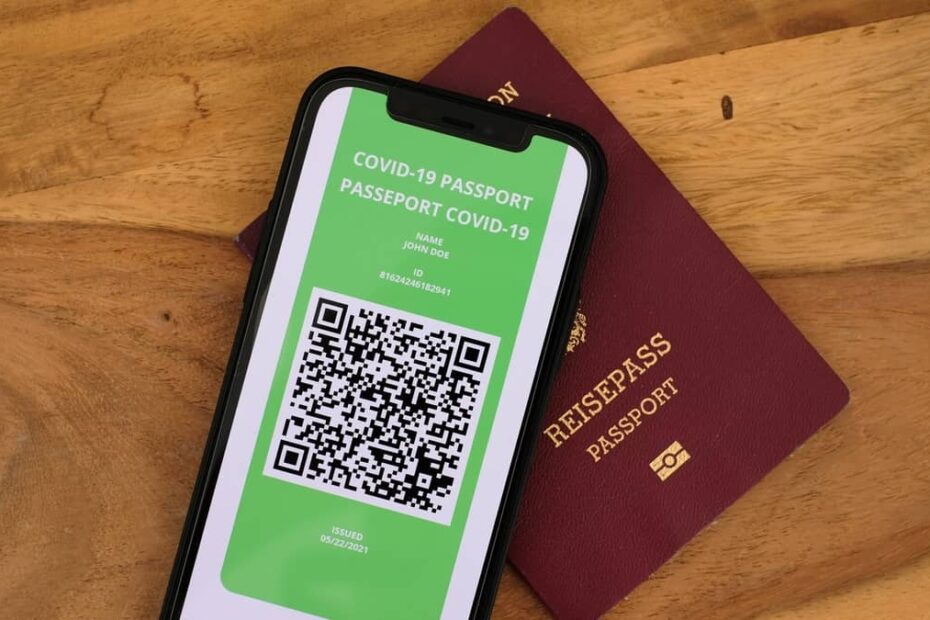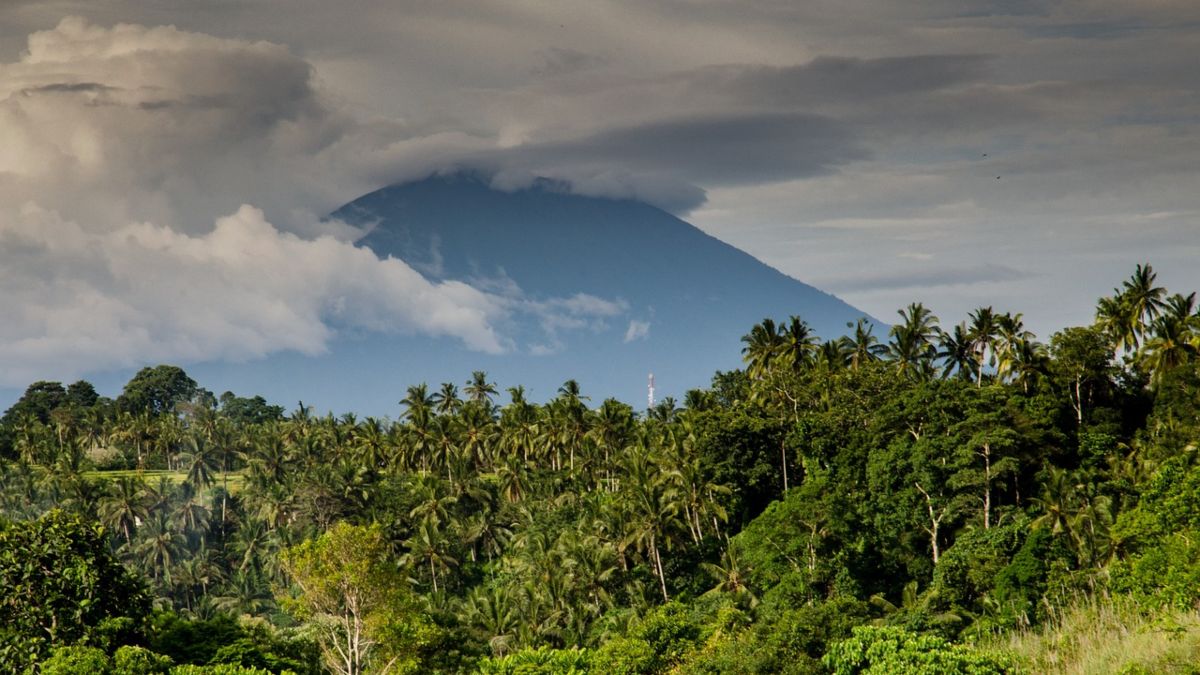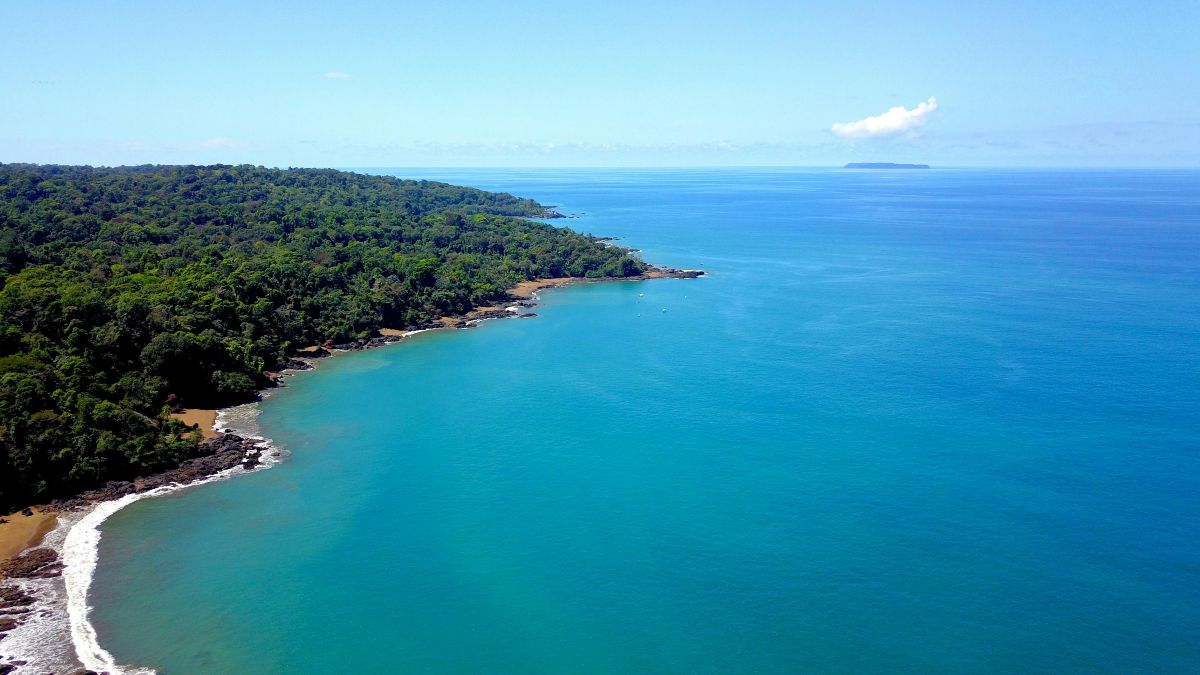A look at what Costa Rica’s presidential candidates think of the proposed QR code to keep unvaccinated Costa Ricans out of most unessential businesses.
The government of Costa Rica today extended the “transition period” of their proposed QR code mandate to force unvaccinated people from taking part in society. Now, they say, the mandatory QR code will begin on March 7.
Until then, under the terms of the “transition period”, businesses can choose whether to install the code or not. If they do, they can operate at 100% capacity like they did pre-Covid.
The whole thing, of course, is nonsense at this stage.
The only reason why the government can’t force this thing through is because it’s blocked in court after the tourist industry asked for an injunction against it.
Since the court granted the November 12 injunction against the QR code, the government had to backtrack from imposing it in December, as they originally wanted.
They first extended the “transition period” to January 7 – breaking the terms of the injunction by continuing to prepare for it – and then pushed it to February 7. In that time, President Alvarado asked the tourism industry to, pretty please, drop the injunction so the mandate could start.
Tourism said no, so now we’re at March 7.
Shortly after the US 5th Circuit Court of Appeals stayed the Biden administration’s COVID vaccine mandate, a court in Costa Rica granted an injunction against the government’s digital vaccine QR code system.https://t.co/E2nMaNxJ6J
— Michael P Senger (@MichaelPSenger) November 13, 2021
Since this whole QR code thing began, Omicron has come into our lives, which kind of makes the whole thing irrelevant anyway.
The overwhelming opinion from experts is that Omicron is far milder, although more infectious than previous strains.
And then there’s the fact that Covid vaccination doesn’t stop you from catching or spreading Covid. It helps lessen the chances of a bad outcome (severe illness, hospitalization, death) from Covid, but nothing else. Which makes mandating vaccines to take part in life a pointless exercise. Look at countries like France for proof of that.
And is the government still even serious about QR codes in any case? After all, the election is on February 6, an election that PAC, the ruling party, has no chance of winning. The QR code will stay on the back burner way after the election. It feels like a dead duck.
By the time there is any movement on it, the current Omicron wave will be over.
So in the light of all this, what are the presidential candidates jockeying up for February 6 thinking about the QR Code?
Costa Rican newspaper La Nacion has put together a great piece outlining all 25 presidential candidates, and their opinion on this matter. But the reality is that only a handful of these 25 candidates have a serious chance.
And only two will make it to the expected runoff in April, which will happen if no candidate gets at least 40% of the vote. Given the amount of candidates involved this year, that’s unlikely.
If the election was this weekend, says La Republica (citing recent polls), PLN’s Jose Maria Figueres and PUSC’s Lineth Saborio would pass through to the April runoff. One of them would become president.
Figueres – who was president for a term in the 1990s – has been clear over the past few months in his opposition to how the present government has handled the issue, and has come out on the side of the tourism and hospitality industries, saying he didn’t believe the QR code should be mandatory.
“We support [the QR code’s] use as a tool to monitor the progress of vaccination, but I do not agree with the implementation of this as a mandatory measure because it becomes a limitation for trade and tourism, in addition, it results even a discriminatory measure for some sectors,” says Figueres.
Lineth Saborio is the PUSC candidate. PUSC are a center-right party who haven’t been in power since 2006. 2022 is their best shot back at the big time in years.
She’s been more vague than Figueres on the QR code issue, although still against what the government currently proposes.
“The QR code is something bureaucratic that is not available to the entire population. The vaccination card should suffice,” she says.
This looks like she’s not opposed ideologically to the QR code, she’s just against how the government is trying to implement it.
🇨🇷📰 A recent opinion poll in #CostaRica found that there’s no clear lead in the upcoming presidential race on Feb. 6. The poll puts José María Figueres and Lineth Saborío as the most favored candidates by voters.
Via @SemanarioU https://t.co/SS7ZJ5vDmP
— Central American News (@CentAmNews) January 13, 2022
Behind Figueres and Saborio come Fabricio Alvarado from Nueva República, José María Villalta from Frente Amplio, and Rodrigo Chaves from Progreso Democrático.
Fabricio Alvarado, you might remember, was the guy who lost to Carlos Alvarado in the 2018 runoff. He’s crystal clear about the QR code – it’s a big no, alongside mandatory vaccines.
“We are with the productive sector and the search for the conditions for the generation of employment,” says Alvarado. “So we do not agree with imposing mechanisms that generate greater obstacles in the face of a slow state, and that have affected the cancellation of events, trips, and more.”
Jose Maria Villalta from the hard left Frente Amplio couldn’t differ more than Alvarado. He’s pro-forcing vaccines and pro QR code, saying it can be effective if done correctly. His concern is the fact that the government isn’t doing it correctly, not that it’s doing it at all.
The final candidate of the current top five is centrist Rodrigo Chaves of the Progressive Democrats. Chaves is an ex-finance minister in the current administration, so you’d think he’d be pro-QR. You’d thing wrong.
He believes the state has no business forcing people to vaccinate against Covid and says that his administration would not push forward the QR code.
So out of the top five, you have Alvarado most against the QR code, followed by Figueres, then Chaves, then Saborio, with only Villalta outright for it.
José María Figueres y Lineth Saborío no crecieron en la primera quincena de enero, pero se mantienen por encima de Alvarado, Villalta y Chaves. #EleccionesCR #Elecciones2022 #VotoCRhttps://t.co/b7e14MSF2A pic.twitter.com/lOetP5dYf4
— La Nación (@nacion) January 19, 2022
Ouside of these five, most candidates oppose mandating the QR code, or something along the same lines. Here’s a quick rundown on them:
First, here are the candidates who have either endorsed the QR code or have no objection to some kind of segregation of unvaccinated people in Costa Rica:
- Federico Malavassi (Union Liberal)
- Luis Alberto Arias (Movimiento Libertario)
- Rudolfo Piza (Nuestro Pueblo)
Next, here are the candidates who outright condemn any form of QR code or forcing businesses to segregate people:
- Carmen Quesada (Justicia Social)
- Martin Chinchilla (Pueblo Unido)
- Rodolfo Hernandez (Republicano Social Cristiano)
- Eli Feinzaig (Liberal Progresista)
- Christian Rivera (Alianza Democrata Cristiana)
- Roulan Jimenez (Movimiento Social Democrata)
- Sergio Mena (Nueva Generacion)
- Rolando Araya (Costa Rica Justa)
- Oscar Lopez (Accesibilidad Sin Exclusion)
- Natalia Diaz (Unidos Podemos)
- Oscar Campos (Encuentro Nacional)
- Walter Muñoz (Integracion Nacional)
- Jhon Vega (Partido del los Trabajadores)
Below are the candidates against the obligatory nature of the this particular QR code, but okay with the idea in principle:
- Eduardo Cruickshank (Restauracion)
- Maricela Morales (Union Costarricense Democratica)
And then there were two candidates who wouldn’t share their views on this topic.
The first was Greivin Moya from Fuerza Nacional, but the second was far more interesting.
Welmer Ramos is the PAC candidate, PAC being the unpopular government in power right now trying to push through the QR code. He says he’s for mandatory vaccination, but avoids the question about whether he supports the QR code. Sounds like even he’s distancing himself from his own party on this.
Which kind of says it all.



